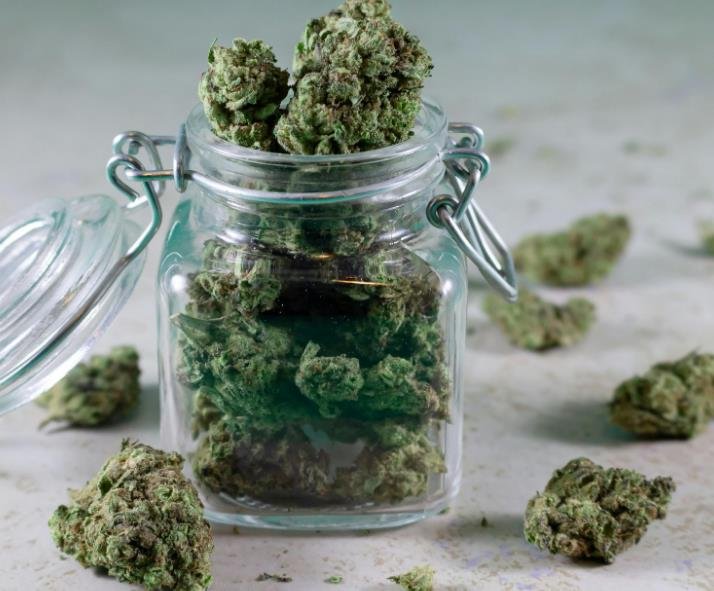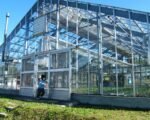The city of Sacramento is taking a significant step towards integrating cannabis consumption into its social fabric by developing a pilot program for cannabis consumption lounges. This initiative follows the recent approval of a state law that allows cities and counties to permit cannabis cafes. The program aims to create safe, regulated environments where adults can consume cannabis products, similar to the concept of Amsterdam-style cafes. The pilot program is expected to address public health concerns, provide economic opportunities, and offer a controlled setting for cannabis use.

The Concept and Implementation of Cannabis Lounges
The pilot program for cannabis consumption lounges in Sacramento is designed to provide a safe and regulated environment for adults to consume cannabis. The initiative, spearheaded by the Office of Cannabis Management, includes a comprehensive framework outlining the requirements and processes for operating these lounges. The program was discussed before the city council on September 17th, highlighting the city’s commitment to exploring innovative approaches to cannabis regulation.
The program categorizes cannabis lounges into two types. Type 1 lounges will offer cannabis-infused drinks and edibles, such as mocktails, cookies, and gummies. Type 2 lounges will include all Type 1 activities and additionally allow smoking of cannabis products like flower, pre-rolls, and concentrates. These lounges must adhere to strict regulations, including the installation of negative-pressure smoking rooms and separate HVAC systems to ensure proper ventilation and minimize exposure to non-smokers.
The development of cannabis consumption lounges is seen as a proactive measure to address the public consumption of cannabis. By providing designated areas for cannabis use, the city aims to reduce the exposure of non-smokers, including children and the elderly, to secondhand smoke. The lounges will also implement impaired driving prevention plans to ensure patrons have access to safe transportation options, further enhancing public safety.
Economic and Social Benefits
The introduction of cannabis consumption lounges is expected to bring significant economic benefits to Sacramento. The lounges will create new business opportunities for local entrepreneurs and generate additional revenue for the city through taxes and licensing fees. The program also aims to attract tourists and cannabis enthusiasts, contributing to the local economy and promoting Sacramento as a progressive city embracing the evolving cannabis industry.
Local business owners, such as Maisha Bahati of Crystal Nugs, have been advocating for the establishment of cannabis lounges. Bahati’s dispensary is set to feature a “Doobie Den,” a designated area for on-site cannabis consumption. The lounge will offer a variety of cannabis products, along with food and live entertainment, creating a unique social experience for patrons. This model not only diversifies the offerings of cannabis businesses but also enhances the overall customer experience.
The social benefits of cannabis lounges extend beyond economic gains. These lounges provide a controlled environment where adults can consume cannabis responsibly. By regulating the consumption of cannabis, the city can better monitor and manage its use, reducing the potential for illegal activities and ensuring compliance with state laws. The lounges also offer a social space for individuals who prefer cannabis over alcohol, promoting a culture of responsible consumption.
Addressing Public Health and Safety Concerns
While the pilot program for cannabis consumption lounges presents numerous benefits, it also raises public health and safety concerns. The city of Sacramento is committed to addressing these issues through stringent regulations and continuous monitoring. The lounges will be required to implement robust ventilation systems to minimize the impact of secondhand smoke on non-smokers. Additionally, the program includes measures to prevent impaired driving, ensuring that patrons have access to safe transportation options.
Public health organizations, such as the American Cancer Society, have expressed concerns about the potential health risks associated with cannabis consumption lounges. They emphasize the need to protect the public from secondhand smoke and advocate for policies that prioritize public health. The city of Sacramento is working closely with health experts to develop guidelines that balance the benefits of cannabis lounges with the need to safeguard public health.
The pilot program also includes public education campaigns to inform residents about the safe and responsible use of cannabis. These campaigns aim to dispel myths and misconceptions about cannabis, promoting a better understanding of its effects and encouraging responsible consumption. By fostering an informed community, the city hopes to create a supportive environment for the successful implementation of cannabis consumption lounges.
Emily Wilson is a talented wordsmith whose passion for cannabis shines through in her eloquent articles that explore the plant’s cultural significance and historical context. With a focus on arts and lifestyle, she weaves together narratives that celebrate the creativity, innovation, and community fostered by cannabis enthusiasts worldwide. Emily’s unique perspective and engaging storytelling invite readers to embark on a journey of discovery and appreciation for the diverse facets of the cannabis experience.








